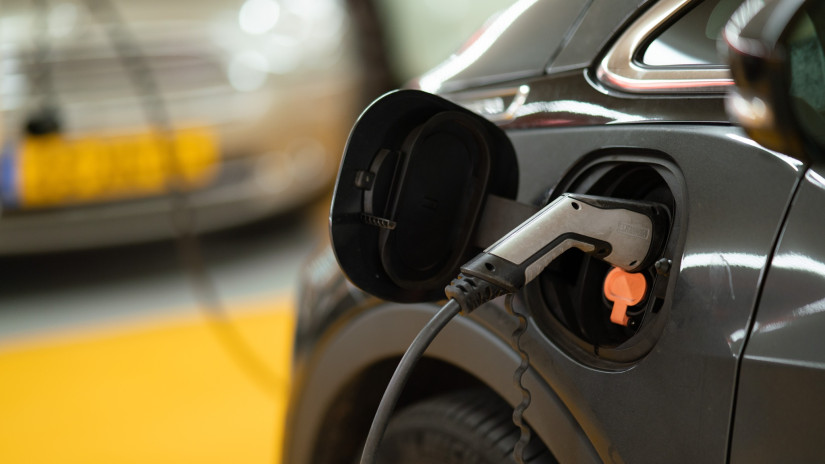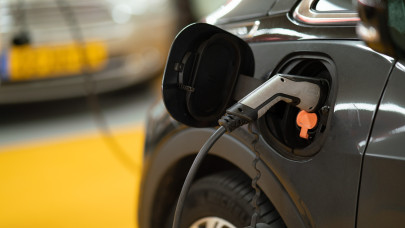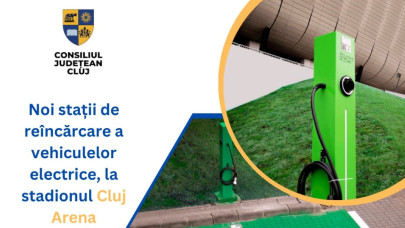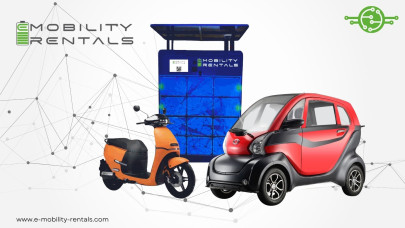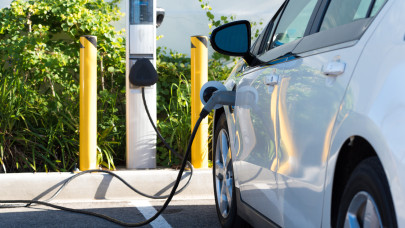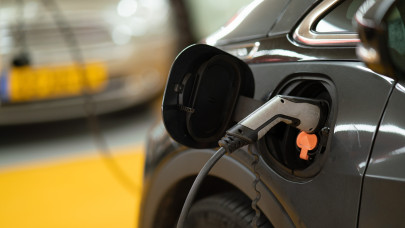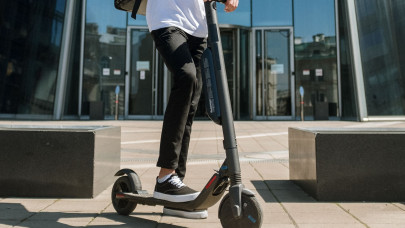To solve the charging time issue, Nio, the Chinese EV manufacturer, devised an automated battery swapping system that enables drivers to be on their way with a charged battery in under 5 minutes but the system is expensive to build and currently is very few in Europe, compared to 1,300 swapping stations in China. Tesla's supercharger is gaining traction with more and more EV manufacturers announcing that they will use it for their cars' fast charging. The latest one is Lucid Motors who revealed that starting in 2025 its vehicles will be able to use Tesla Supercharger stations thanks to adapters and will begin installing Tesla's North American Charging Standard (NACS) ports into its new models. Rivian, BMW, Ford, GM, Hyundai, Honda, Mercedes Nissan, Volvo/Polestar will have their models fitted with NACS in 2024 or 2025.
”But probably the main hurdle is the actual price of the EV which is high for several reasons. One is the price of the battery. In a Tesla, the cost of the battery might be around 17% of the car price with the actual cost between 5 and 20 thousand dollars, according to an estimate of the Elements website. In a Rivian Amazon Delivery Van, the cost of the battery is even more important reaching over 25% and examples can continue. Some manufacturers managed to decrease the price but it was at the expense of operating margins, which worries investors”, says eToro analyst for Romania, Bogdan Maioreanu.
Also, today's level of available electric car models is still significantly lower than the number of internal combustion options on the market.
For investors, the exuberance of rapid EV adoption looks like a thing of the past, with the Lucid Group (LCID) stock down more than 36% year-to-date, and more than 71% in the last twelve months, while Rivian Automotive (RIVN) is down 3% year-to-date, but 46% from a year ago. NIO is also down, dropping 19% from the beginning of the year and over 29% in the past 12 months. Tesla is the exception, growing over 100% from the beginning of the year but only 11% in the past 12 months, according to the analyst.
The latest earnings reports from Lucid and Rivian are also painting a mixed picture. Lucid posted revenue of $137.8M (-29.5% Y/Y) and missed its target by $57.4M. In Q3 the company delivered only 1457 vehicles. However, the market reacted negatively to the lowered guidance that decreased estimated production for the year to 8,000 – 8,500 vehicles from prior guidance of more than 10,000 to prudently align with deliveries.
Rivian Automotive (RIVN) produced 16,304 vehicles at its manufacturing facility in Normal, Illinois during Q3 and delivered 15,564 vehicles during the same period. The company posted revenue of $1.34 billion (+150.0% Y/Y) and surpassed estimates by $30 million. It also raised total production guidance for 2023 to 54,000 vehicles and widened the market by formally announcing the end of Amazon exclusivity for its delivery vans. The Founder and Chief Executive Officer of the company, RJ Scaringe mentioned that he deeply believes in this transition to EV in the next two decades. As a result, the whole business was built around this transition.
Romanian investors still favor some EV stocks, with Tesla and Nio in first and second place, respectively, but these are the only EV manufacturers in the top 20 most held stocks on the eToro social investment platform. By comparison, US investors are more diversified, looking at the wider EV market - with Tesla still in the first place, Nio is on 6, Rivian at 14, and Lucid at 20.

